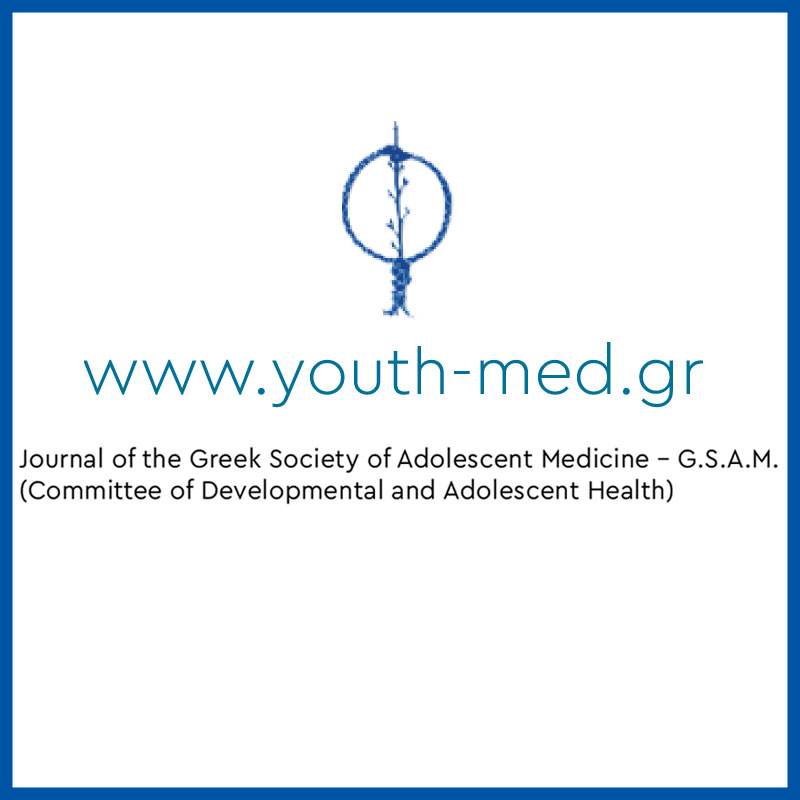Vaccination and knowledge regarding human papilloma virus (HPV) among Greek female adolescents
https://doi.org/10.54088/jhg789u
Abstract
Purpose: The purpose of this study was to investigate Greek female adolescents’ knowledge of the human papilloma virus (HPV), vaccine coverage and their attitude towards HPV vaccination.
Methods: This survey was carried out using a questionnaire on a sample of secondary and high school female students dispersed throughout Greece.
Results: The sample consisted of 555 girls (mean age 15.1 years, SD=±0.7 years). Almost 8 out of 10 girls (79.4%) knew about HPV and 44.4% were vaccinated against it. Mean age at vaccination was 13.4 years (SD=±1.5) and in most cases vaccination was done by a pediatrician. Also, 79.3% of the girls that had not been vaccinated against HPV were considering doing so in the near future. Multiple logistic regression showed that knowledge of HPV was significantly associated with last year’s grades and mother’s educational level. Only mother’s educational level was positively significantly associated with vaccination against HPV.
Conclusions: The results of this study showed that the majority of secondary and high school female students knew about HPV, but the vaccination coverage rate was moderate to low. It is proposed to implement a systematic national health promotion training program, in particular for secondary and high schools, on HPV, its possible harmful effects and ways of primary prevention, with particular emphasis on the importance of vaccination against HPV.
Keywords: HPV, Greek female adolescents, information, vaccination


